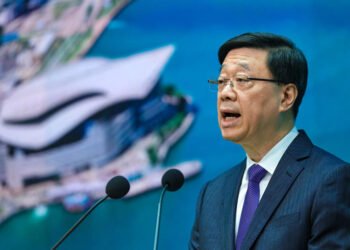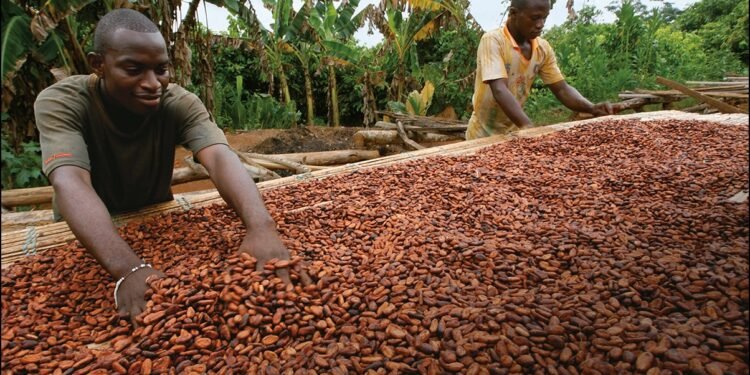Iranians have returned to the polls for a presidential run-off between Masoud Pezeshkian and Saeed Jalili in the race to succeed Ebrahim Raisi, who died in a helicopter crash in May.
The second round on Friday, July 5, 2024, comes as neither contender secured an outright majority on June 28, 2024.
Pezeshkian received about 42.5 percent of votes and Jalili got about 38.7 percent.
Voting started at 8am local time in nearly 59,000 stations around the country and will continue until 6pm, but can be extended for multiple two-hour periods.
Counting will begin immediately after polls close and results can be expected by noon on Saturday.
Supreme Leader Ayatollah Ali Khamenei, who has the final say in all state matters, cast his ballot when polling stations opened.
“It’s a good day to participate in the electoral process,” he said in an address encouraging people to come out and vote.
He added, “Hopefully we will choose the right candidate. At this stage, people should make an extra effort to elect a President by tomorrow.”
Less than two hours after voting started, Mohammad Mokhber, Interim President since the death of Ebrahim Raisi, stated that turnout is higher compared with the same time last week.
“There has been a better and more meaningful participation,” he told reporters, standing next to Interior Minister, Ahmad Vahidi at election headquarters.
He added, “From what I’ve seen, more people have cast their ballots by this hour … One of the factors of the authority and respect that our Islamic government has around the world is this participation.”
Pezeshkian was accompanied by supporters including former Foreign Minister, Mohammad Javad Zarif when he voted in a small girls’ high school in western Tehran.
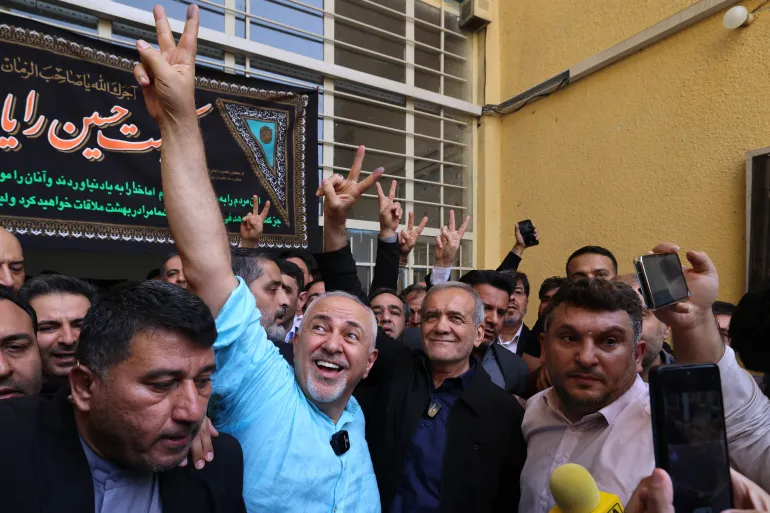
Jalili was also accompanied by his supporters as he entered the grand mosque in Qarchak, a more traditional and religious area southeast of the capital.
Pezeshkian is seen as a moderate, reform-minded candidate while Jalili is seen to represent the conservative establishment.
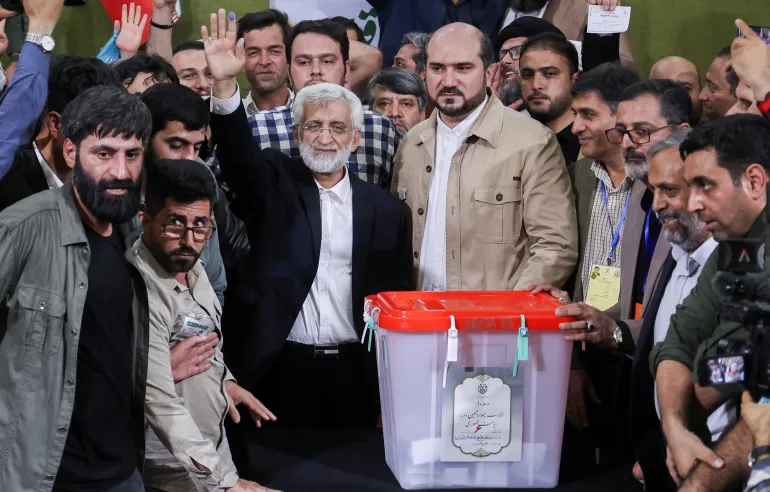
All presidential candidates in Iran pledge ironclad support for Supreme Leader Ayatollah Ali Khamenei and the establishment while differing in how they approach domestic and foreign affairs.
Conservatives and hardliners are generally harsher toward relations with the West and opening up Iran to foreign influence.
So, a Jalili presidency would be expected to prioritise internal capacities, regional relations and ties with Russia and China while Pezeshkian is expected to do more outreach to the West to try to lift sanctions off Iran.
Interior Minister Calls Claims Of Election Tampering An ‘Enemy Ploy’
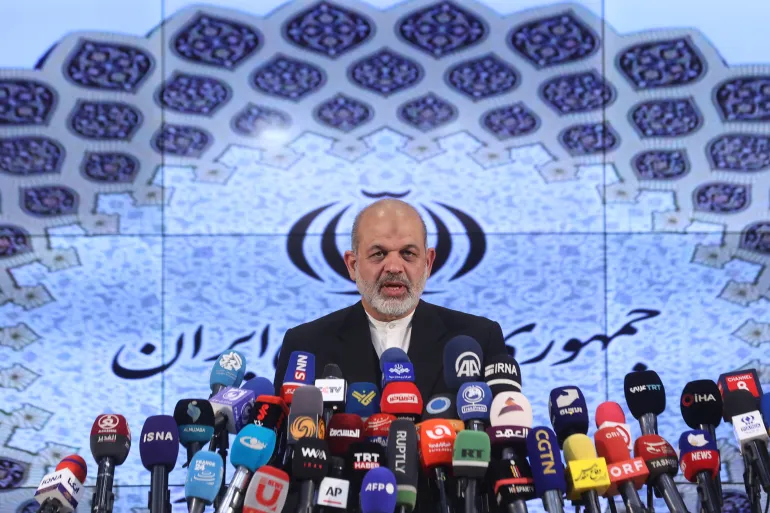
Iranian Interior Minister, Ahmad Vahidi firmly rejected any possible allegations of election fraud, saying they only come from outside the country.
“An argument is brought up in some campaign centres that if a certain candidate does not get votes, then it means election fraud,” he told state media on Thursday.
“These are ploys that enemies follow and the line is coming from abroad. We mustn’t allow the good election atmosphere that we’ve had so far to be spoiled by false statements.”
Ahmadi Vahidi
Vahidi said that any violations need to be reported and will be immediately investigated by the ministry.
Separately, Iran’s Attorney General, Mohammad Movahedi-Azad said in a short statement that political figures and media outlets must refrain from “baseless and non-documented” premature announcements on results.
“Before results are announced by the Interior Ministry and confirmed by the Guardian Council, any media move that will lead to disturbing the public opinion and suggest the early victory of a candidate will be legally prosecuted,” he said.
READ ALSO: MTN Executives Advocate for Partnerships to Create A Robust SME Ecosystem





